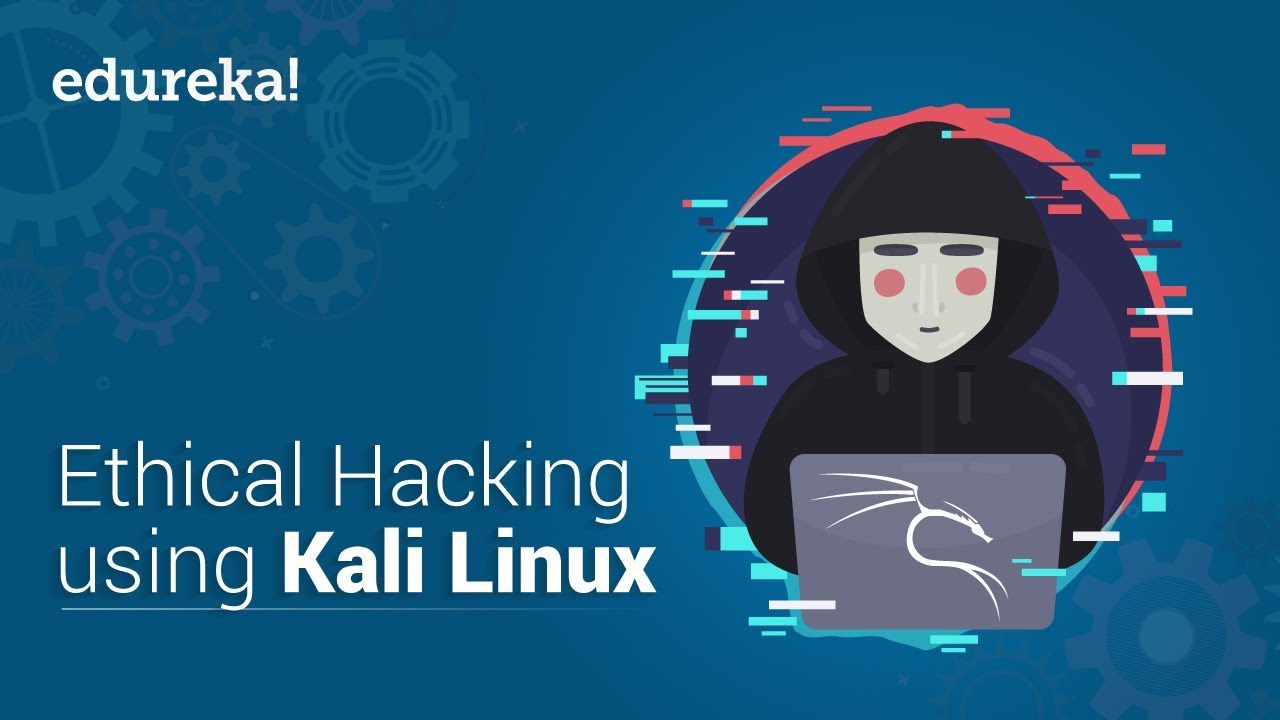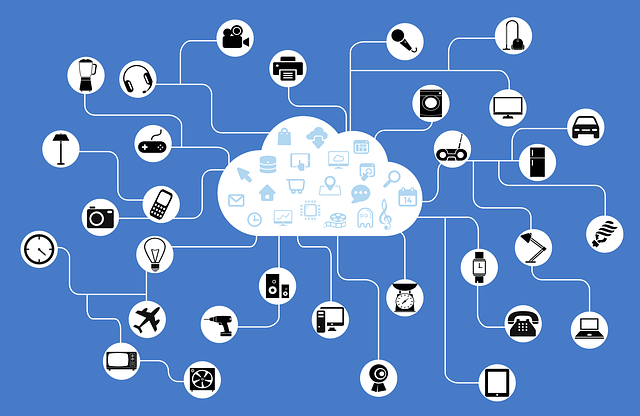Python is regarded as one of the high-level, interpreted programming languages. It was developed by expert Guido van Rossum and was first made available on the global scene in the early months of 1991.
However, Python’s design philosophy emphasizes code readability and simplicity, making it an ideal choice for both beginners and experienced programmers.
Exceptional key features of Python programming include:
-
Simple and Easy-to-learn Syntax: Python uses a clean and intuitive syntax, making it easier for beginners to understand and write code.
-
Versatility: Python is a versatile language that can be used for a wide range of applications, including web development, data analysis, artificial intelligence, machine learning, and scientific computing.
-
Strong Community Support: Python has a large and active community of developers who contribute to its ongoing development and provide support through online forums, such as Stack Overflow.
-
Cross-platform Compatibility: Python code can run on multiple platforms, including Windows, macOS, and Linux, without requiring modification.
-
Extensive Standard Library: Python comes with a built-in library of modules and functions that provide functionality for a wide range of tasks, eliminating the need to write certain code from scratch.
Advance Features
-
Data Structures:
Learn about various data structures in Python, such as lists, tuples, sets, and dictionaries. Understand their characteristics and use cases. -
Control Flow:
Learn about conditional statements, loops, and other control structures in Python. Understand how to use ‘if’, ‘elif’, ‘else’, ‘for’, ‘while’, and ‘break’ statements effectively. -
Functions:
Learn about creating and using functions in Python. Understand how to define and call functions, pass arguments, and return values. -
Classes and Objects:
Understand how to create classes, define attributes and methods, create objects, and use inheritance and polymorphism. -
Exceptions:
Learn about handling exceptions in Python using ‘try’, ‘except’, ‘finally’, and ‘raise’ statements. Understand how to create and use custom exceptions. -
File Handling:
Learn about reading and writing data to files in Python. Understand how to use ‘open’, ‘read’, ‘write’, ‘close’, and ‘with’ statements. -
Modules and Packages:
Learn about using and creating modules and packages in Python. Understand how to import modules, use ‘from … import’ statement, and create packages using ‘init.py’ files. -
Data Analysis and Visualization:
Learn about data analysis and visualization using libraries like Pandas, NumPy, and Matplotlib. Understand how to perform operations on datasets and create various types of visualizations. -
Networking and Web Development:
Learn about networking in Python using libraries like requests and urllib. Understand how to develop web applications using frameworks like Django and Flask. -
Multithreading and Multiprocessing:
Learn about multithreading and multiprocessing in Python. Understand how to use the ‘threading’ and ‘multiprocessing’ modules to improve the performance of your applications. -
Database Interaction:
Learn about interacting with databases in Python using libraries like SQLAlchemy and psycopg2. Understand how to connect to databases, execute queries, and retrieve data. -
Regular Expressions:
Learn about using regular expressions in Python for pattern matching and text manipulation. Understand how to use the ‘re’ module to work with regular expressions. -
Debugging and Testing:
Learn about debugging and testing Python applications. Understand how to use tools like pdb and unittest to identify and fix bugs and ensure the correctness of your code. -
Code Optimization and Best Practices:
Learn about code optimization techniques and best practices in Python programming. Understand how to write clean, efficient, and maintainable code.
Remember, the best way to learn Python programming is by practicing coding regularly. Work on real-world projects, contribute to open-source projects, and seek help from online communities like Stack Overflow and GitHub to improve your skills.
About Author
Discover more from SURFCLOUD TECHNOLOGY
Subscribe to get the latest posts sent to your email.




